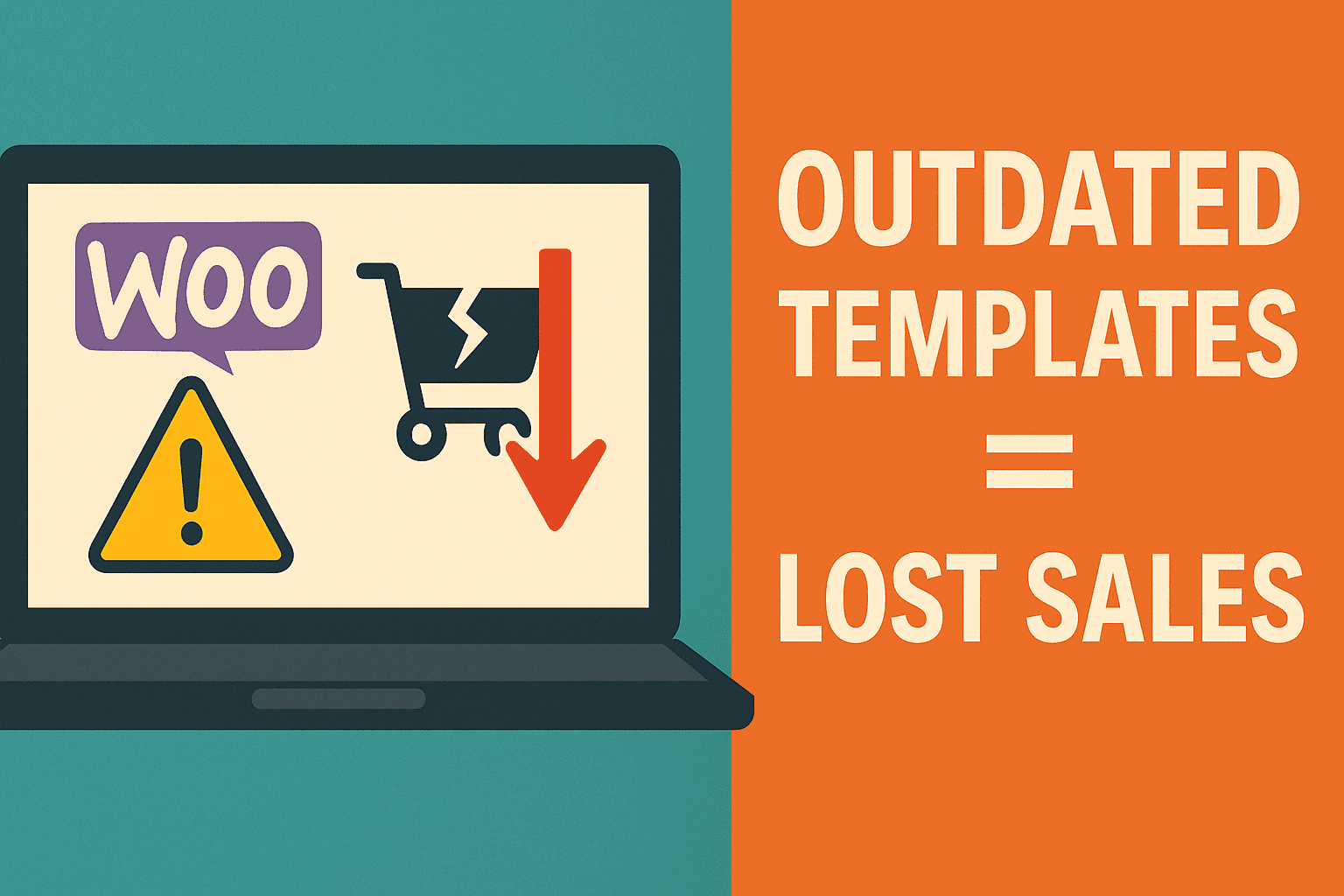No one can give an accurate assessment of which page builder is better, since each has their own advantages and disadvantages. Your success in choosing between Elementor or Gutenberg ultimately depends on your individual needs and goals – generally if you need a simple site without too many customization features then Gutenberg should be your choice; its integration into WordPress makes it simple and doesn’t overwhelm users with too many styling options. On the other hand, for those wanting a more flexible page builder capable of creating more intricate layouts Elementor may be better.
Elementor provides a more user-friendly experience, with drag-and-drop functionality for moving blocks around on a page with ease. Plus it includes premade templates and patterns to help get you started quickly, plus any widget can be added to any page easily without shortcodes being required! Furthermore it’s more compatible with existing themes and plugins to allow unique layouts without shortcodes!
Elementor can have more features, but may take more time to learn than Gutenberg and may present more challenges when used by new users. Furthermore, as it’s a separate plugin that sits atop of WordPress itself it could cause conflicts with some other plugins containing page builders; furthermore the more features Elementor offers the slower it becomes.
Elementor offers more extensive styling options compared to Gutenberg, including hovering toolbars for each block that offer style settings like editing HTML code, adding CSS styles, or duplicating the styling of an entire block. Furthermore, responsiveness settings enable you to tailor content specifically for various devices and screen sizes.
Gutenberg and Elementor both offer free versions for you to try their functionality, but if you want access to advanced features like conditional rules and the Theme Builder, such as conditional rules. However, for advanced features like conditional rules or Theme Builder functionality you may require a paid plan; Gutenberg’s Block Editor only has limited design settings, while Elementor boasts four pricing plans with various feature offerings that you may access with each.
Gutenberg beats Elementor when it comes to website speed due to fewer features and extra components. This is key, since you want your visitors to stay around longer on your site and find what they’re searching for easily.




